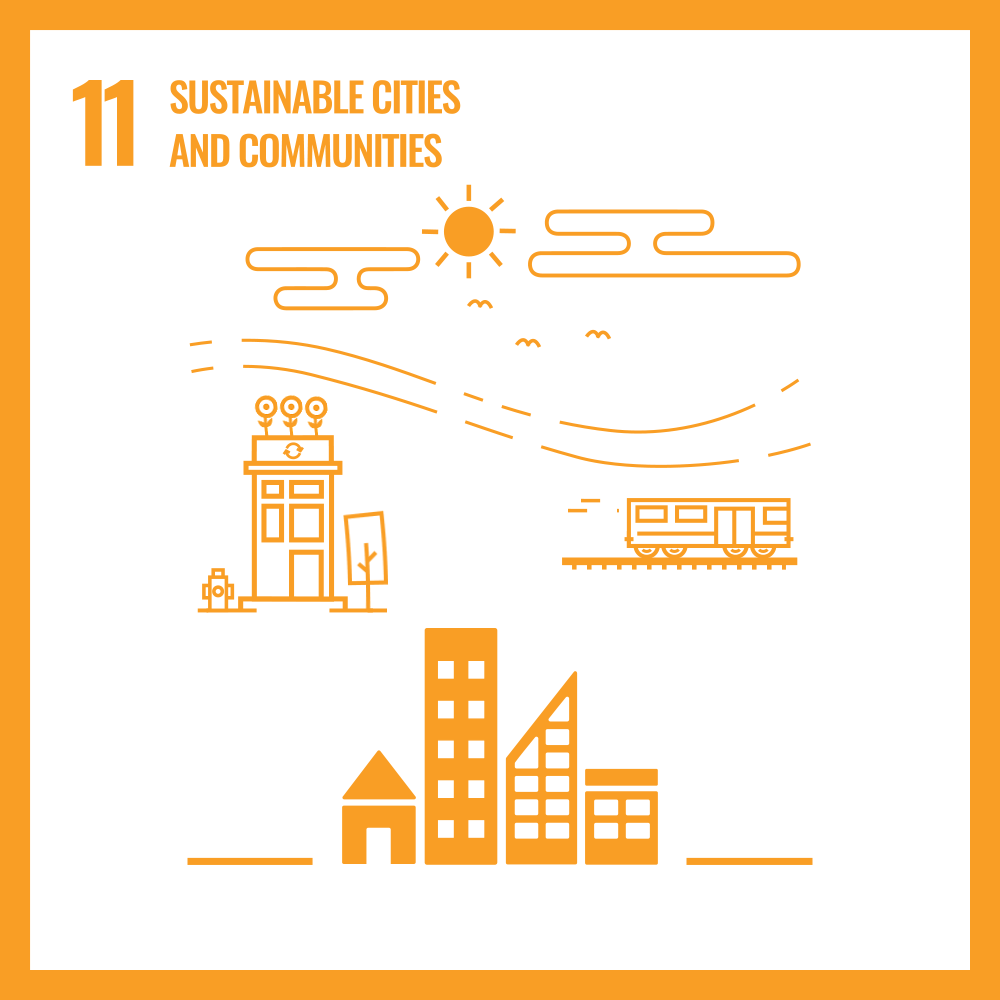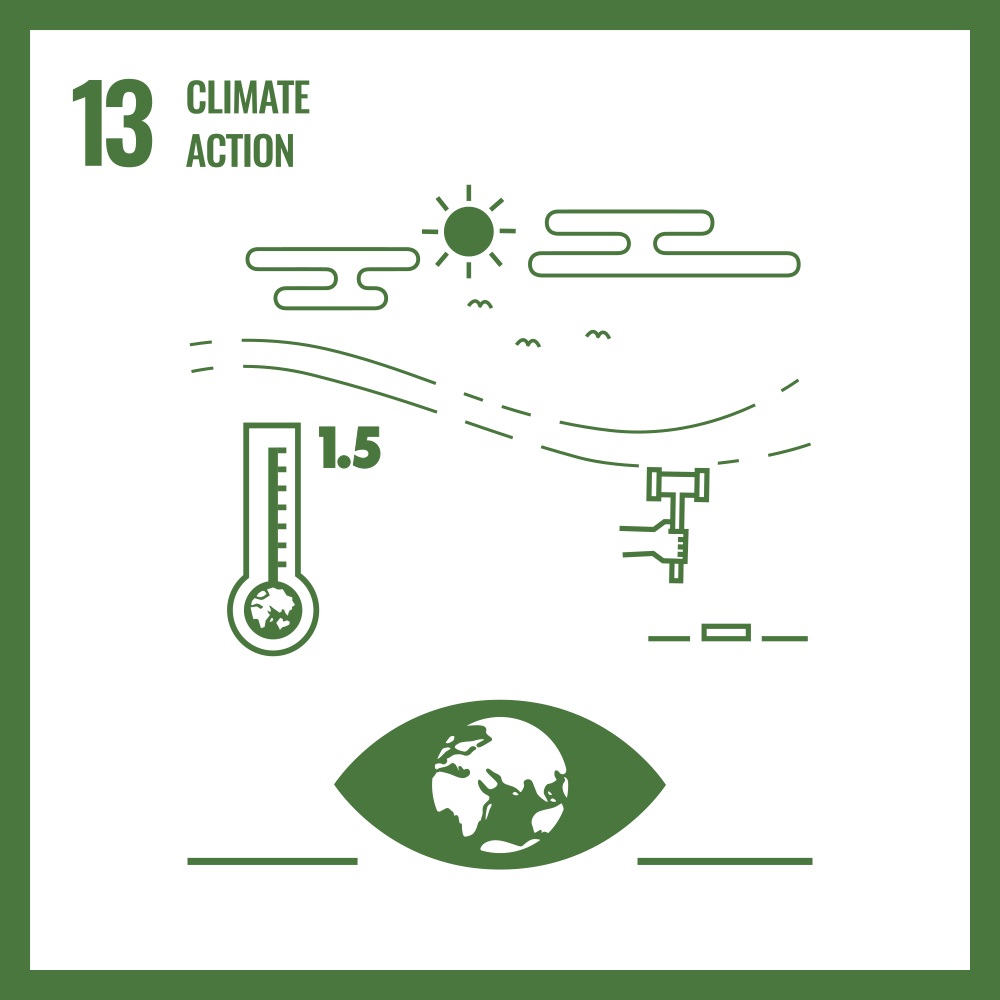About
The exponential growth of e-commerce has intensified the environmental and operational challenges of last-mile delivery (LMD), contributing significantly to urban congestion, energy consumption, and CO₂ emissions. In response, GLOBE introduces an innovative two-echelon location-routing model designed to optimize LMD through the integration of eco-conscious customer behavior and sustainable transportation modes. This novel approach addresses a critical gap in existing models by incorporating the diverse and dynamic behaviors of customers, such as their transport choices for retrieving parcels from intermediate hubs. GLOBE explores the
interplay between customer environmental awareness, availability of green transportation options, and real-world constraints like distance and scheduling, thus providing a more granular understanding of LMD’s true environmental impact. I will develop a mathematical model that will optimize both the flow of parcels from warehouses to urban hubs using traditional and eco-friendly vehicles, followed by final delivery to customers through zero-emission transport options and the flow of customers’ collecting parcels from the intermediate hubs. To overcome the computational complexities of large-scale urban logistics, my approach will employ advanced heuristic and math/metaheuristic algorithms. Additionally, dynamic and scenario-based methods are deployed to manage the inherent uncertainties in demand, travel times, and customer availability. Furthermore, in collaboration with two leading delivery companies, the models will be validated in real-world settings, demonstrating the feasibility of sustainable LMD strategies.
My outcomes will provide actionable insights into reducing emissions, improving operational efficiency, and enhancing urban sustainability. In conclusion, GLOBE offers a transformative approach to last-mile logistics, paving the way for greener cities and more responsible consumer behavior.
Goals:
1. Developing optimization models: Build advanced mathematical models that combine sustainable transport modes (electric vans, cargo bikes, walking couriers), delivery options (home delivery, lockers, pick-up points), and heterogeneous customer behaviors.
2. Solving large-scale problems: Implement and test efficient metaheuristics, such as Adaptive Large Neighborhood Search (ALNS), capable of solving real-world size instances that are computationally intractable for exact methods.
3. Addressing uncertainty:Incorporate demand variability, uncertain travel times, and customer availability through dynamic and scenario-based approaches, ensuring robust and adaptive solutions.
4. Delivering managerial insights: Provide companies and policymakers with practical tools and guidelines to evaluate zero-emission vehicles, satellite location strategies, and the role of eco-conscious customer choices in reducing emissions and improving efficiency.
Funded by the European Union’s Horizon Europe programme (HORIZON-WIDERA-2024-TALENTS-02-01). Project number: 101244242







